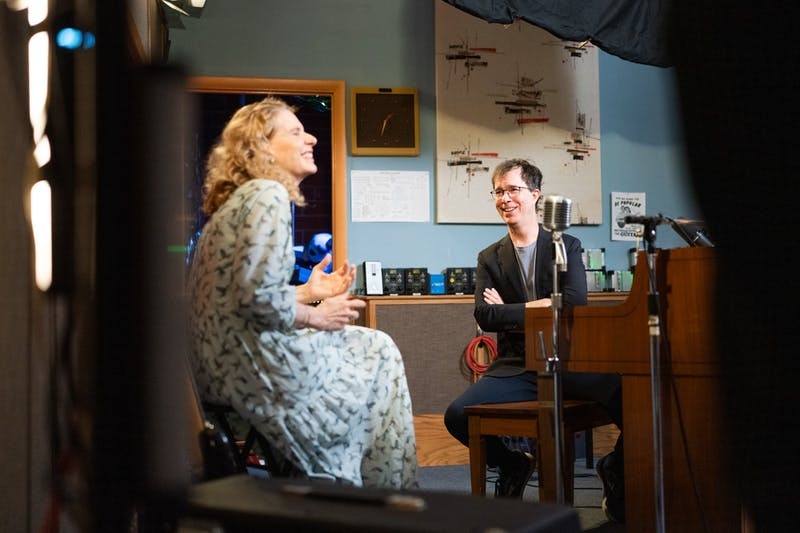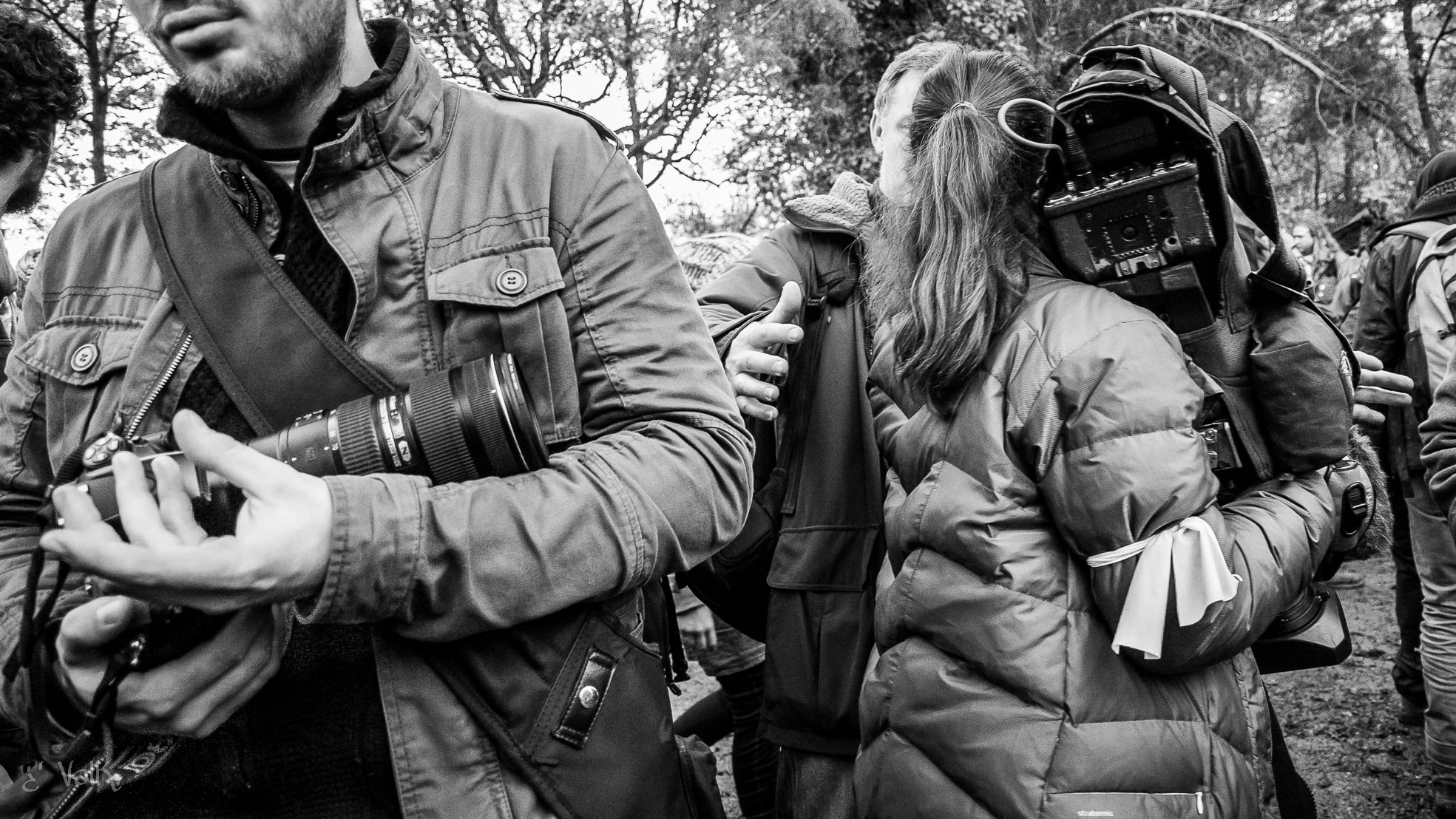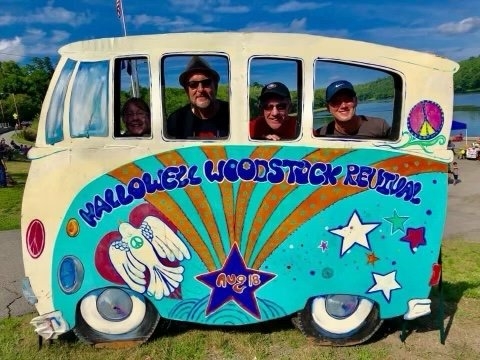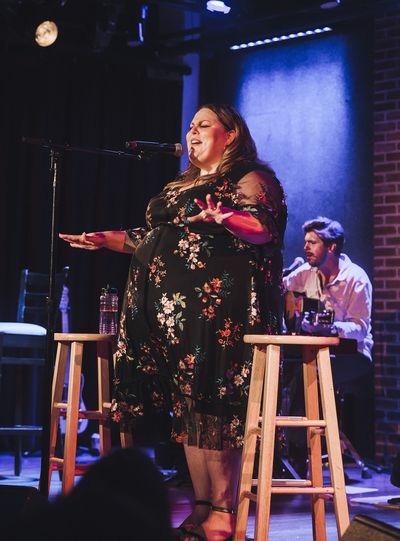Music streaming services make it easier than ever for musicians to find an audience and get their songs heard. However, they have also made it more difficult for musicians to make a living. Services like Spotify and Apple Music typically pay artists less than a penny per stream. This means that unless you’re Taylor Swift or Ed Sheeran and attracting millions of listeners, the rock star lifestyle you’ve dreamed of is unlikely to be within your reach.
In fact, even being able to quit your day job and focus on music full-time is out of reach for most aspiring professional musicians. But could Web3 be about to change that? The immersive, distributed platforms that are touted by many as the next level of the internet could spark new ways for artists and fans to connect in the metaverse. And the new generation of apps and platforms it enables could enable songwriters and performers to access new funding models. So even if it won’t necessarily be a ticket to a world of mansions and private jets, it could allow thousands of people who are passionate and talented about music to turn it into a source of income.
Although different people may have different ideas about the details, what is generally accepted is that it represents the third major iteration of the web. The first web is the static, read-only HTML web pages that started it all, and the second web is the user-generated interactive web of social media. In general, it is believed that Web3 will be more immersive and experiential, involving 3D graphical user interfaces instead of flat pages of text. Importantly, thanks to technologies such as blockchain, cryptography, and distributed computing, it will also become decentralized. This means that instead of all of us logging into services and apps that are for the most part owned by large corporations like Google, Facebook, or Microsoft, we will, for the first time, be full and controllable owners of our own data and how it is stored. they store. is used. But how is this relevant to the world of music?
Many of us now count a monthly payment to Spotify or another similar service among our regular expenses, giving us access to the music we want, when we want it. But does this wide choice prevent us from developing deeper and more personal connections with music and artists than in the past? This is certainly the case, according to Rob Duffin, co-founder of Mixtape Social.
This community-based music listening app is built on the principle that music is often more than the beats, notes, chords, and samples that make up a track. By allowing users to tag their favorite songs with memories and stories about what makes them so important, the goal is to restore a sense of ownership or personal connection to songs that often feels absent in the age of streaming.
Music is another industry where intermediaries have traditionally been a necessity to fill in the gaps needed to get music from artists to audiences. In the old days, these were the record companies, and today it’s the streaming services. Both get a hefty cut, which makes less money for those who actually make the music.
Duffin tells me, “That’s not to say there’s no room for intermediaries… there are a lot of record labels that provide tremendous value in helping artists through the recording process and live shows and those things that artists perhaps they are not prepared, their experience is elsewhere.”
But the musicians and developers who invested in web3, including Duffin, as well as Jon Cheney, CEO and co-founder of the Ocavu network, believe that blockchain, cryptocurrencies and NFTs will be the intermediaries that serve no purpose other than to facilitate transactions. to a large degree. redundant.
Cheney tells me, “Web3 will do better; it will be more efficient, it will put royalties in the right place, it will cut out very expensive predatory middlemen.”
Smart contracts enabled by blockchains like Ethereum and Polygon mean that platforms and apps can be set up to automatically pay artists royalties at whatever rate is agreed upon in their contracts. Transactions can be made automatically via cryptocurrency each time a fan presses the play button, allowing musicians to have a meaningful say in how their work is consumed and enjoyed.
Of course, with all new technology comes challenges, and web3, in particular the blockchain and crypto elements, comes with one in particular that cannot be ignored. This is because the large amount of computing power required to run certain blockchain algorithms is known to consume a lot of energy, which can lead to massive energy usage and resulting emissions. This is certainly an issue that will need to be addressed by any platform that wants to bring web3-based music solutions into the mainstream to compete with existing streaming services. One possible solution lies in the development of “proof-of-stake” blockchain algorithms. These are much more efficient and consume less power, but many of the most popular blockchain networks, such as Ethereum, do not yet support it.
The other important challenge concerns the regulatory framework around web3 technologies. The ecosystem is considered to be in a “Wild West” state at the moment, with a lack of laws and oversight. This inevitably means that scams and nefarious activities abound. It’s relatively easy for the unwary to get burned when they dip their toes in these waters, and what consumers may see as an acceptable level of risk when engaging in activities like cryptocurrency financial speculation may seem completely unacceptable when we just want to hear a few. tunes with friends
Says Cheney: “Regulation is required for mass adoption; you have to protect the end user… I think we’re pretty far from being protected from the rug pulls and Ponzi schemes that are out there, but it’s being worked on.”
It is clear that there is a lot of excitement about the possibilities that the application of blockchain, web3 and metaverse technologies to the music industry could unlock. Music has always been associated with social activities and togetherness, and the new platforms that are emerging based on immersive and experiential technologies offer the opportunity to share and enjoy music together in new ways. Combined with blockchain, cryptocurrency, and smart contracts, this could also mean fairer treatment for artists and more ways for fans to ensure their money ends up in the pockets of those they want to support.
You can click here to watch my conversation with Jon Cheney, CEO and Co-Founder of OCAVU, and Rob Duffin, Co-Founder and SVP of Mixtape Social, where we explore more ways web3 could affect the future of music. .
To stay on top of the latest in web3 and broader business and technology trends, be sure to sign up for my newsletter and check out my new book Business Trends in Practice.
You can also follow me on Twitter, LinkedIn and YouTube. And don’t forget to visit my website.
These minting prices are not fixed: they can be higher or lower depending on the function you are looking to perform. The first fee you’ll pay as a first-time creator is used to initialize your account. As of April 2022, this fee typically costs between $70 and $300. The second fee used to grant access to your account costs between $10 and $30.
How to become an NFT creator?
Choose the item. Choose the unique item you want to convert to an NFT. …
Choose the blockchain. Now it’s time to start the minting process. …
Set up your digital wallet. …
Choose the correct NFT market. …
How do I become a NFT creator?
Go up. …
- Set up your NFT sales process.
- How much do NFT creators earn? The average NFT royalty typically ranges from 5-10%. In most NFT markets, the creator can choose their royalty percentage and payments are automatic with each subsequent sale on the secondary market.
- The average cost of developing the nft market varies between $100K and $500K. But this is just an estimate as it depends on various other factors such as the tools and technologies used, the complexity of the market and more.
- Essentially, you can make NFTs from just about anything unique that can be digitally stored and has value. They’re just like any other collectible item, like a vintage painting or action figure, but instead of buying a physical item, you’re paying for a file and proof that you own the original copy.
- If you are representing a real person (living or dead, celebrity or non-celebrity) in your NFT, the safest course of action is to license that person’s persona in relation to your NFT. Licensing content, including a person’s name, image, and likeness, is common practice, but the process takes time and money.
- Can any artist sell NFTs? NFTs can be bought and sold on NFT marketplaces such as OpenSea, Rarible, and Foundation. Some of these are open to everyone, while others can only be used by invitation. Some are just for art and there are some for video games.
Once you have created your NFT, you will be presented with the option to put it up for sale on the marketplace. Please note that although you can transfer and sell your NFTs in other markets, you may have to pay additional fees. See the article : Spring grad represents Kennesaw State at international music academy. Click the “Sell” button and follow the instructions.
How much does it cost to develop NFT?
You can sell a celebrity fine art painting as long as it is a transformative work of art. This means it must be artistic in nature, not just a faithful likeness. The painting may not copy an existing work of art (including a photo) and may not interfere with a celebrity’s “right of publicity.”
Can anyone make an NFT art?
But NFTs are designed to give you something that can’t be copied: ownership of the work (although the artist can still retain copyright and reproduction, just like with physical works of art). To put it in terms of physical art collecting: anyone can buy a Monet print. Read also : Despite Historical Disasters, Video Games Are Not Too Much NFTs Alone. But only one person can own the original.
Can I sell an NFT of a celebrity?
Converting your music to NFT is a surprisingly easy process and a way to start earning extra money. As long as you know the right software and spend some time promoting yourself, you can easily start selling music as NFTs. Read also : The enduring appeal of the self-taught artist. As an artist, you want your music to be heard by as many people as possible.
Can artists make money with NFTs? That said, more and more artists, illustrators, and designers are making money selling NFTs like never before. Nonfungible.com reports over $15 billion in primary and secondary sales on the Ethereum blockchain in 2021, up from $67 million just a year earlier.
Can you Resale A NFT?
NFTs, explained NFTs or non-fungible tokens, are digital tokens stored on the blockchain. Unlike cryptocurrencies, where every currency is the same (there is no reason to prefer one particular Bitcoin over another), each NFT is unique and can be sold as a way to prove ownership of some kind of digital file.
Can you sell NFT art of celebrities?
A music NFT is a certificate of ownership of a unique musical work that can be sold to another party. The owner has the exclusive right to determine how the composition is used.
Can someone buy my NFT?
Youku Tudou Inc. (formerly Youku Inc.), doing business as Youku (Chinese: 优酷; lit. ‘excellent (and) great’), is a video hosting service based in Beijing, China. It operates as a subsidiary of Alibaba Group Holding Limited.
Can I sell music as an NFT?
Many of us now count a monthly payment to Spotify or another similar service among our regular expenses, giving us access to the music we want, when we want it. But does this wide choice prevent us from developing deeper and more personal connections with music and artists than in the past? This is certainly the case, according to Rob Duffin, co-founder of Mixtape Social.8
Many of us now count a monthly payment to Spotify or another similar service among our regular expenses, giving us access to the music we want, when we want it. But does this wide choice prevent us from developing deeper and more personal connections with music and artists than in the past? This is certainly the case, according to Rob Duffin, co-founder of Mixtape Social.9
Can you make an NFT to sell?
This community-based music listening app is built on the principle that music is often more than the beats, notes, chords, and samples that make up a track. By allowing users to tag their favorite songs with memories and stories about what makes them so important, the goal is to restore a sense of ownership or personal connection to songs that often feels absent in the age of streaming.0
Can music be sold as an NFT?
This community-based music listening app is built on the principle that music is often more than the beats, notes, chords, and samples that make up a track. By allowing users to tag their favorite songs with memories and stories about what makes them so important, the goal is to restore a sense of ownership or personal connection to songs that often feels absent in the age of streaming.1
What is used in China instead of YouTube?
This community-based music listening app is built on the principle that music is often more than the beats, notes, chords, and samples that make up a track. By allowing users to tag their favorite songs with memories and stories about what makes them so important, the goal is to restore a sense of ownership or personal connection to songs that often feels absent in the age of streaming.2





